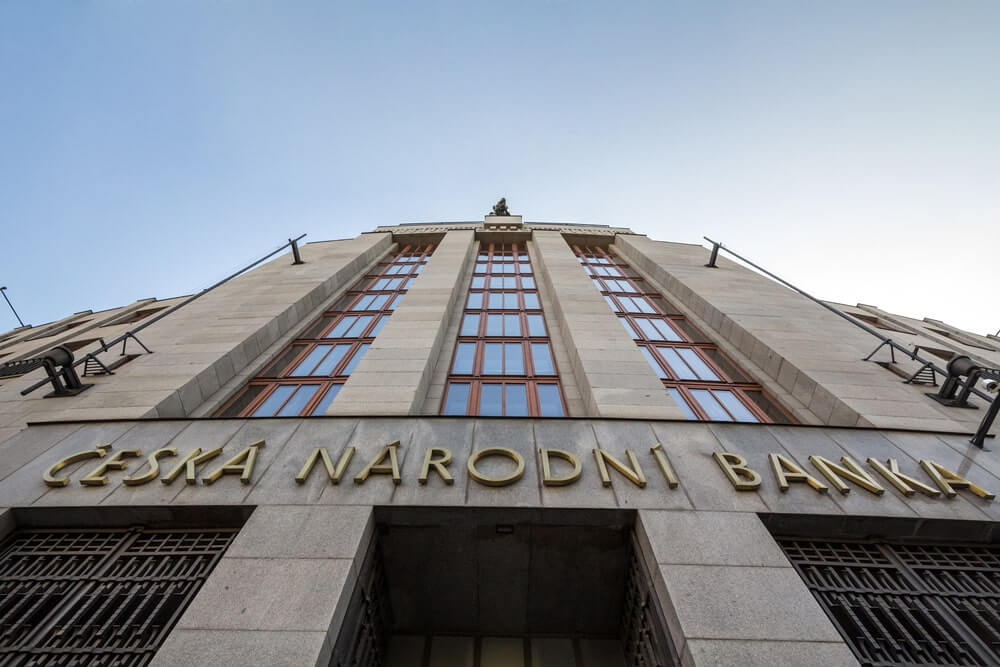Czech National Bank (CNB)

Czech National Bank (CNB)
Both domestic and international financial regulators play a vital role in ensuring the global economy runs well. And while each of them does have a varying degree of influence, each has an important contribution to the economic landscape. Today, we’ll be covering the Czech National Bank (CNB) as an important entity in Europe’s economy.
As you already know, the CNB operates in the Czech Republic. It acts as both a central bank, including all the obligations that usually entails, and a financial regulator. The CNB’s headquarters are in Prague, the Czech Republic’s capital and biggest city. The National Bank is part of the European System of Central Banks, and its current governor is Jiří Rusnok. As we can expect from a central bank, it’s in charge of controlling the circulation of the local currency, the Czech koruna.
It has various other roles as well, including overseeing payment systems and interbank settlements. It also has a supervisory role in many financial branches, such as the capital market, pension funds, e-money institutions, forex, and others. However, its primary role is setting monetary policy, issuing banknotes, and, as we already mentioned, currency control.
CNB Overview
The Czech National Bank is a national institution that has its primary role cemented in the constitution of the Czech Republic. That primary role, which acts as an umbrella term for many other specific measures, is price stability. And the thing that comes after stability, as the CNB’s secondary role is ensuring economic growth. Currently, the Bank’s primary task is getting inflation to a specific level. It’s targeting a rate of about 2.00% per year.
The CNB’s leaders are also a part of a vital institution called the Bank Board. The Board plays a significant role in making decisions regarding the Czech Republic’s monetary policy. It’s also the one in charge of implementing the solutions it decides would be the best. The Governor of the Czech National Bank, two Vice-Governors, are part of the Bank Board, along with four other members. The president appoints and relieves Bank Board members, but they can’t serve for longer than two six-year terms.
While the Czech Republic is part of the European Union, there aren’t any current plans to adopt the euro. The CNB did initially plan to switch to the euro, but strong economic performance and a positive national attitude towards the koruna halted them. As such, the koruna will remain the national currency for the forseeable future.
The post Czech National Bank (CNB) appeared first on FinanceBrokerage.
0 Response to "Czech National Bank (CNB)"
Post a Comment